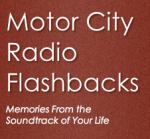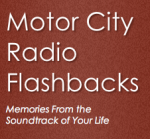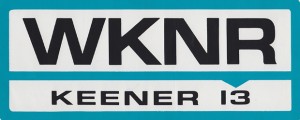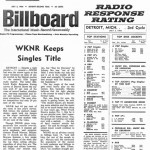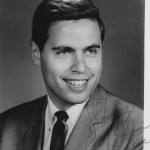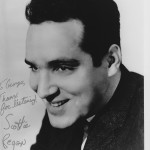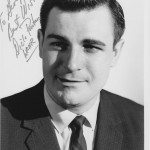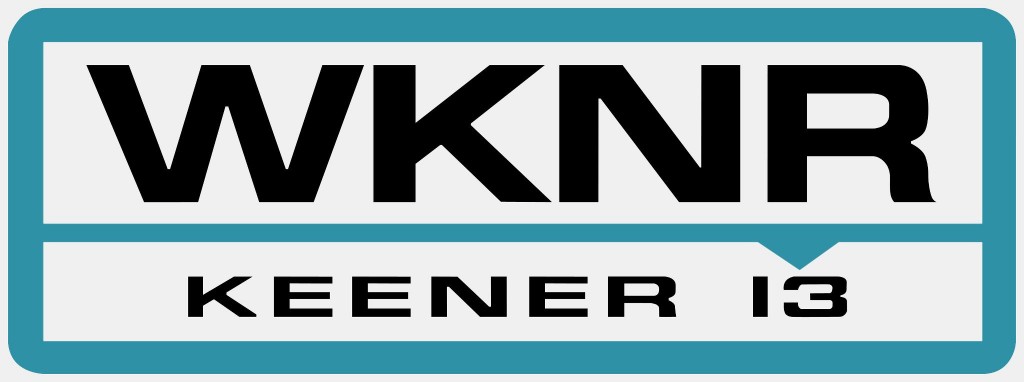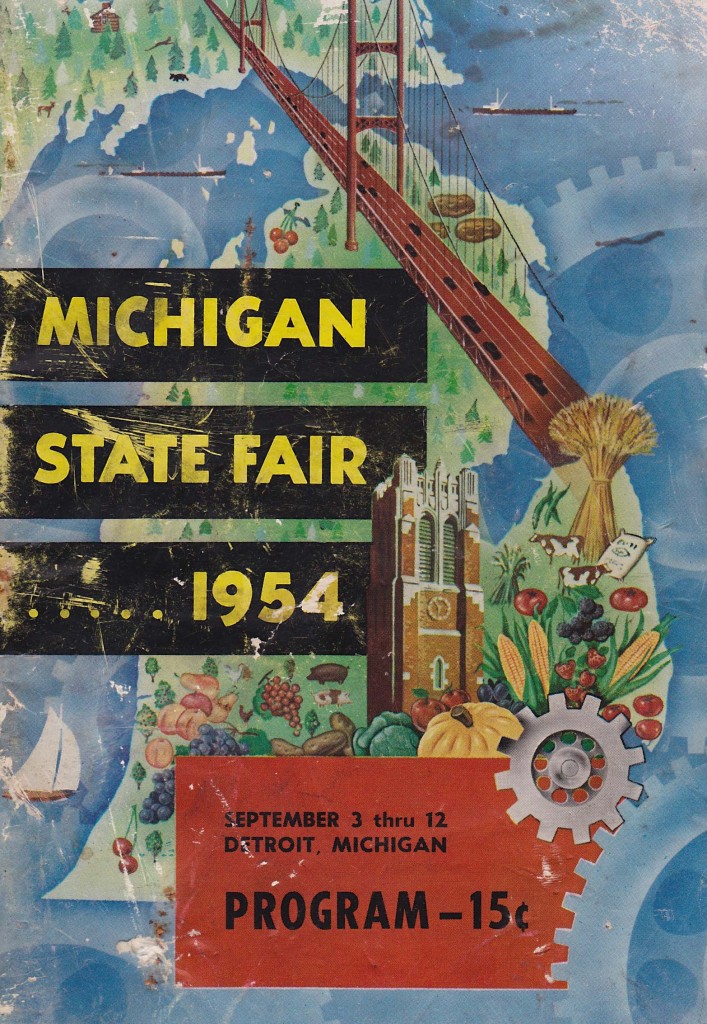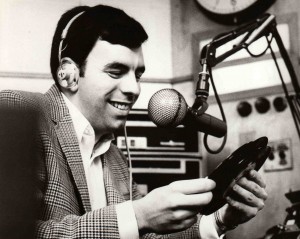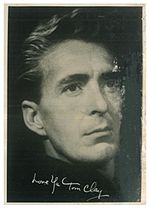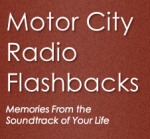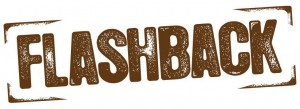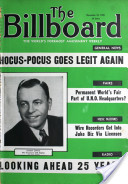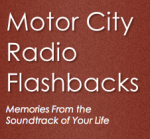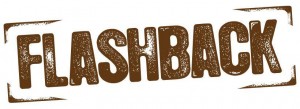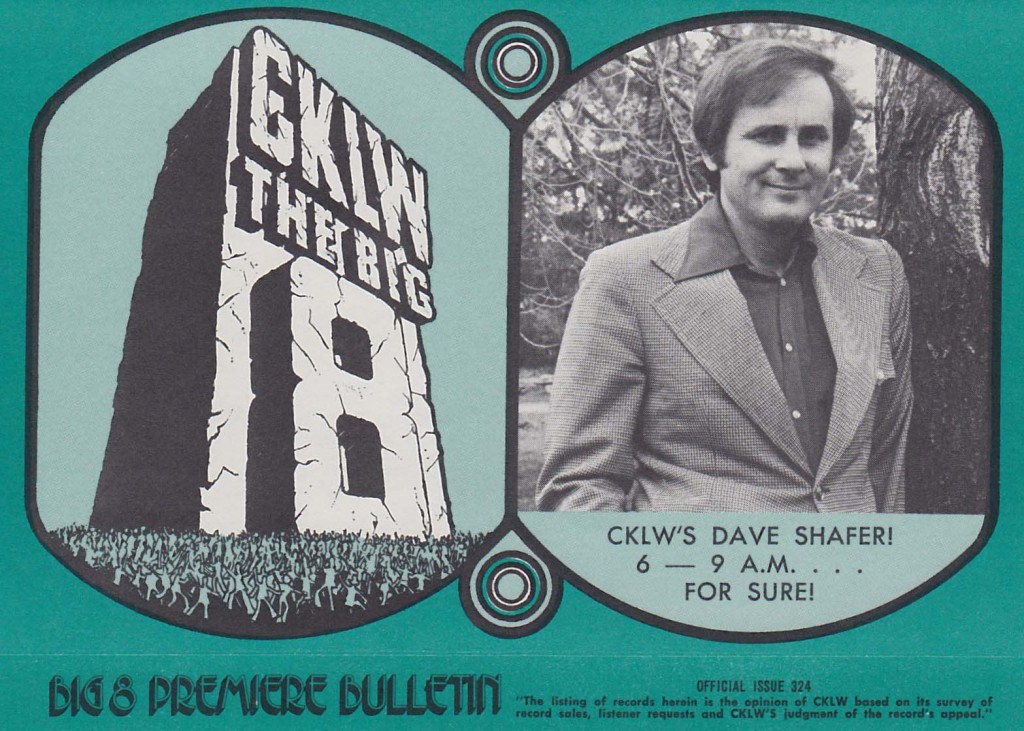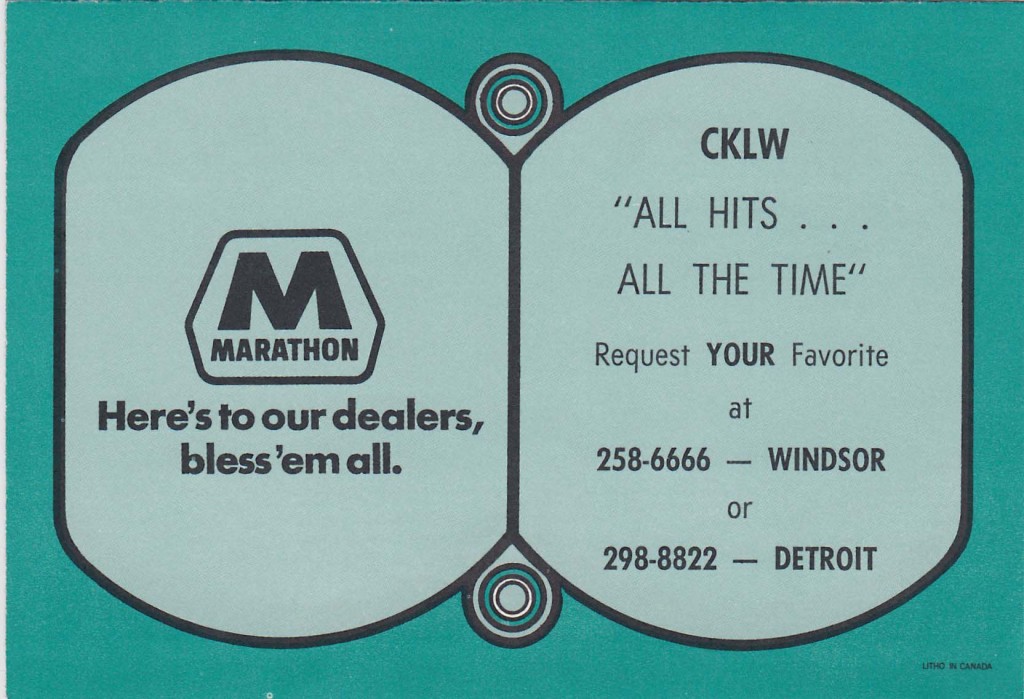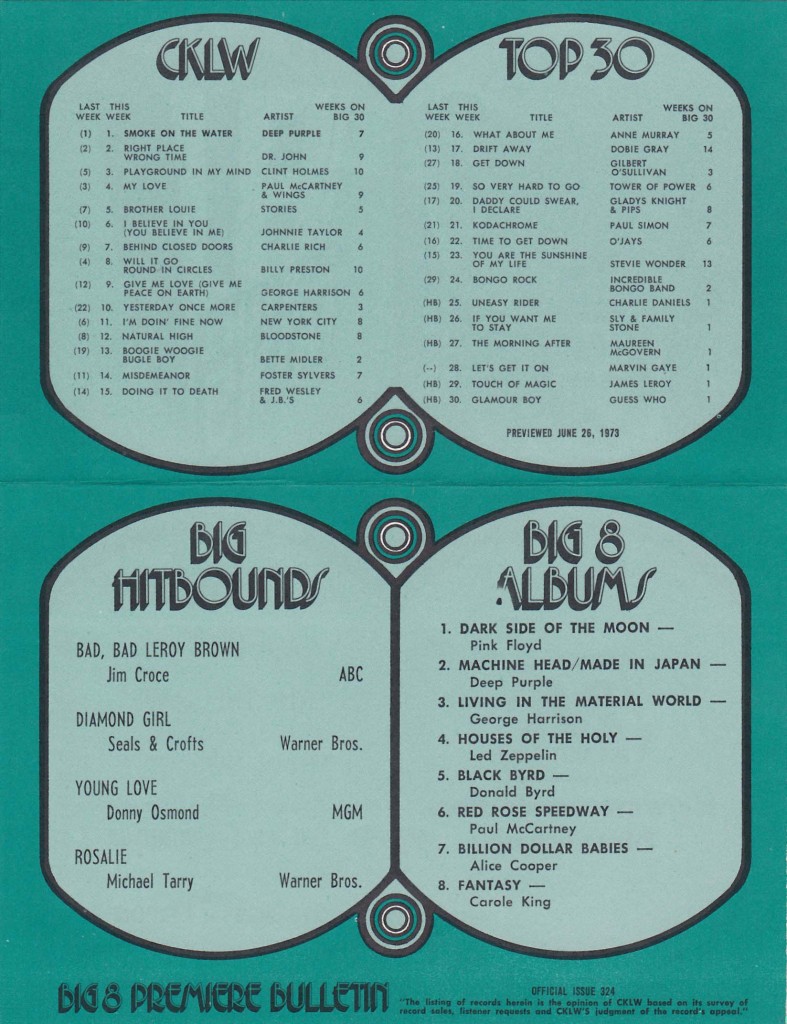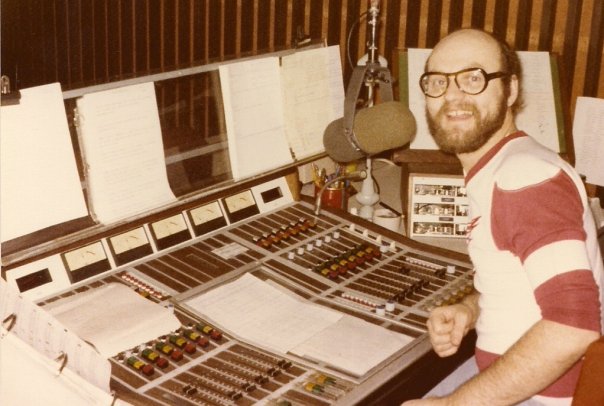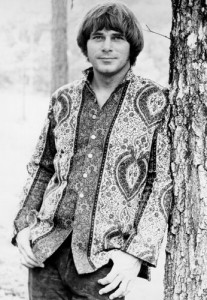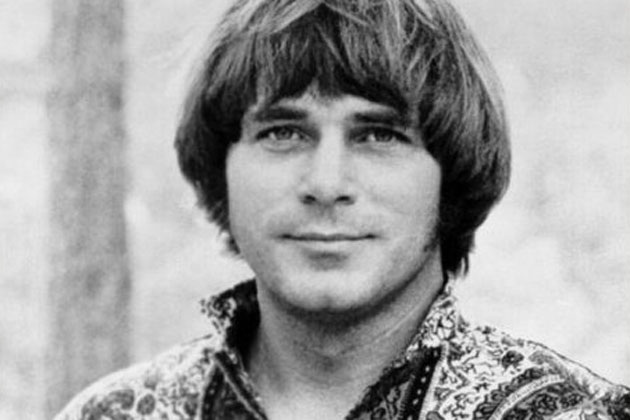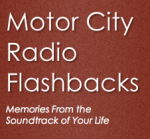 From the MCRFB NEWS archive: 1964
From the MCRFB NEWS archive: 1964
TOP 30 Makes Noise In Detroit
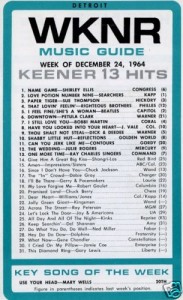
DETROIT — The impact of the newly formed WKNR (formerly WKMH) is being felt in the Detroit market with the station less than two months into its new Top 30 fare.
The station–long associated with soft instrumental music–was reformatted and reorganized to a Top 30 plus-one sound by consultant Mike Joseph (newly-appointed vice-president, NBC-owned stations) and is staffed by Sam Holman (formerly of WABC), Mort Crowley (a KHJ, Hollywood alumnus), Robin Seymour, (veteran Detroit radio stalwart) and Gary Stevens, among others.
The station, which was in 9th or 10th place in the market several months ago, is now reporting that its morning ratings have doubled while the afternoon number have tripled. It was also revealed by WKNR that it is now tied for third place in the market during weekdays and has moved into second place on Saturdays.
Detroit is perhaps the only city in the country where there is a four-way battle among pop-music formatted stations in the market. Leading giants of the area are Storer-owned WJBK (Radio 1500); ABC-owned WXYZ (Radio 1270), and RKO’s 50,000-watter CKLW (Radio 800), located just across the border in Windsor, Ontario.
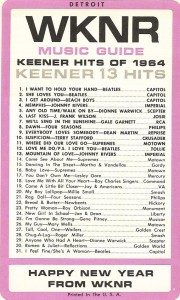
WKNR has launched a major promotional campaign in conjunction with its new programming. One hundred and five thousand two-color school book jackets are being distributed through local drive in restaurant and doughnut shop chains. A (WKNR) pop music list entitled, “Music Guide,” is being handled by 130 retailers of phonograph records (majority record shops) with 50,000 surveys printed each week. Ninety-seven Cunningham Drug Stores are distributing two and a half million serialized match books which are tied in with a WKNR on-the-air contest which has a basic $13 jackpot with $1 being added each hour the prize is not claimed. The station also effected a link with the 77 Kroger food markets in the area for a forthcoming giveaway of Top Value Stamps.
On January 31, the station will co-sponsor with the Ford Motor Company, the 17th annual March of Dimes to take place at the Light Guard Armory, located on 4400 E. Eight Mile in Detroit. Ford will be displaying several of their custom and experimental car products during the two-day benefit event ending Feb., 1st. END
___
(Information and news source: Billboard; January 11, 1964)
A MCRFB Note
During the two-day WKNR March Of Dimes event at The Eight Mile Armory, dance and entertainment was also provided by WKNR and Ford Motor Company, attended by some of the top record acts of that time, hit-makers and recognized popular artists both on the national and local level here in 1963 – 1964.
On the billing during the two Keener 13 March Of Dimes dates: Johnny Nash; The Riveras; Santo and Johnny; Jamie Coe and the Gigolos; Eddie Holland; Timmy Shaw; Tony Clarke; Gino Washington; Tommy Frontera; The Coronados; Timmy Shaw; The Adorables; Dee Edwards; Chris Peterson and more . . . to be there, what a memorable event that must have been! — MCRFB.COM
Mort Crowley Laments Quitting WKNR In 1964
WKNR-AM * Mort Crowley Quits Keener 13 * FEBRUARY 1964
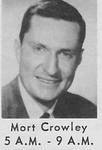 CHICAGO — Detroit’s “Bad Boy” Mort Crowley who hit the front pages by quitting on the air at WKNR has since become the model of deportment. Mort joined Storz-owned WDGY, Minneapolis, in July 1964 and moved to St. Louis with Storz’s KXOG last January (1965). Mort told Billboard by phone he hopes to regain the ground he lost by his mistake and noted: “Thank God, I have an opportunity to do it.” END
CHICAGO — Detroit’s “Bad Boy” Mort Crowley who hit the front pages by quitting on the air at WKNR has since become the model of deportment. Mort joined Storz-owned WDGY, Minneapolis, in July 1964 and moved to St. Louis with Storz’s KXOG last January (1965). Mort told Billboard by phone he hopes to regain the ground he lost by his mistake and noted: “Thank God, I have an opportunity to do it.” END
___
(Information and news source: Billboard; July 17, 1965)
Addendum: Here’s the WKNR “Key Men of Music” line-up for January, 1964: Mort Crowley, 5 AM – 9 AM; Robin Seymour, 9 AM – 12 Noon; Jerry Goodwin, Noon – 3 PM; Gary Stevens, 3 PM – 7 PM; Bob Green, 7 PM – 12 Midnight; Bill Phillips, 12 Midnight – 5 AM.
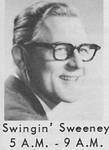 Frank (Swingin’) Sweeney, formerly program director and air personality at WKBN, Youngstown, Ohio, replaced Mort Crowley for the morning-drive at WKNR in February, 1964. Besides doing mornings on Keener 13, Sweeney was music director at WKNR from August, 1964 through August, 1965, terminated when he abruptly quit on WKNR — as did Crowley — whom he replaced. When Sweeney left in August of ’65, Dick Purtan immediately became the new morning rise on Keener 13 through December, 1967. Purtan left WKNR in January, 1968 for WBAL-AM in Baltimore. Just two months later he would return back to Detroit radio on WXYZ-AM, March, 1968.
Frank (Swingin’) Sweeney, formerly program director and air personality at WKBN, Youngstown, Ohio, replaced Mort Crowley for the morning-drive at WKNR in February, 1964. Besides doing mornings on Keener 13, Sweeney was music director at WKNR from August, 1964 through August, 1965, terminated when he abruptly quit on WKNR — as did Crowley — whom he replaced. When Sweeney left in August of ’65, Dick Purtan immediately became the new morning rise on Keener 13 through December, 1967. Purtan left WKNR in January, 1968 for WBAL-AM in Baltimore. Just two months later he would return back to Detroit radio on WXYZ-AM, March, 1968.
Mort Crowley — According to an obit-article in the St. Louis Post-Dispatch dated April 2, 1995, Mort Crowley passed away at his home in Miquon, Wisconsin, Thursday, March 30, 1995. He died after a lengthy bout battling prostate cancer. Mort Crowley was 63.
![]()
